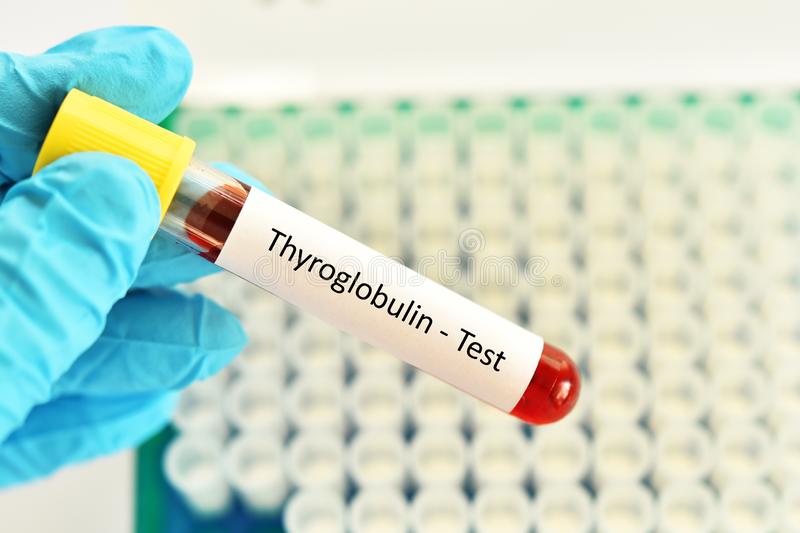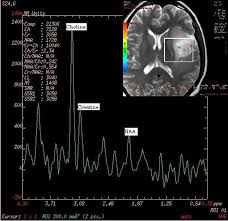MR Spectroscopy
4.6 (5 reviews)An advanced MRI-based test that analyzes the chemical composition of tissues for accurate diagnosis.
Test Details
Also Known As
Magnetic Resonance Spectroscopy, MRS Scan, MR Spectroscopy Test
Sample Type
MRI imaging, contrast dye if advised
Gender
Male, Female
Age Group
All Age
Categories
MRI
Test Code
Radiology
MR spectrography, also known as Magnetic Resonance Spectroscopy (MRS), is a non-invasive imaging technique that provides information about the biochemical composition of tissues. It complements MRI by revealing details about the concentration of specific molecules (metabolites) within a targeted region.
The basic principle that enables MR spectroscopy (MRS) is that the distribution of electrons within an atom cause nuclei in different molecules to experience a slightly different magnetic field. This results in slightly different resonant frequencies, which in turn return a slightly different signal.
Recommended Tests
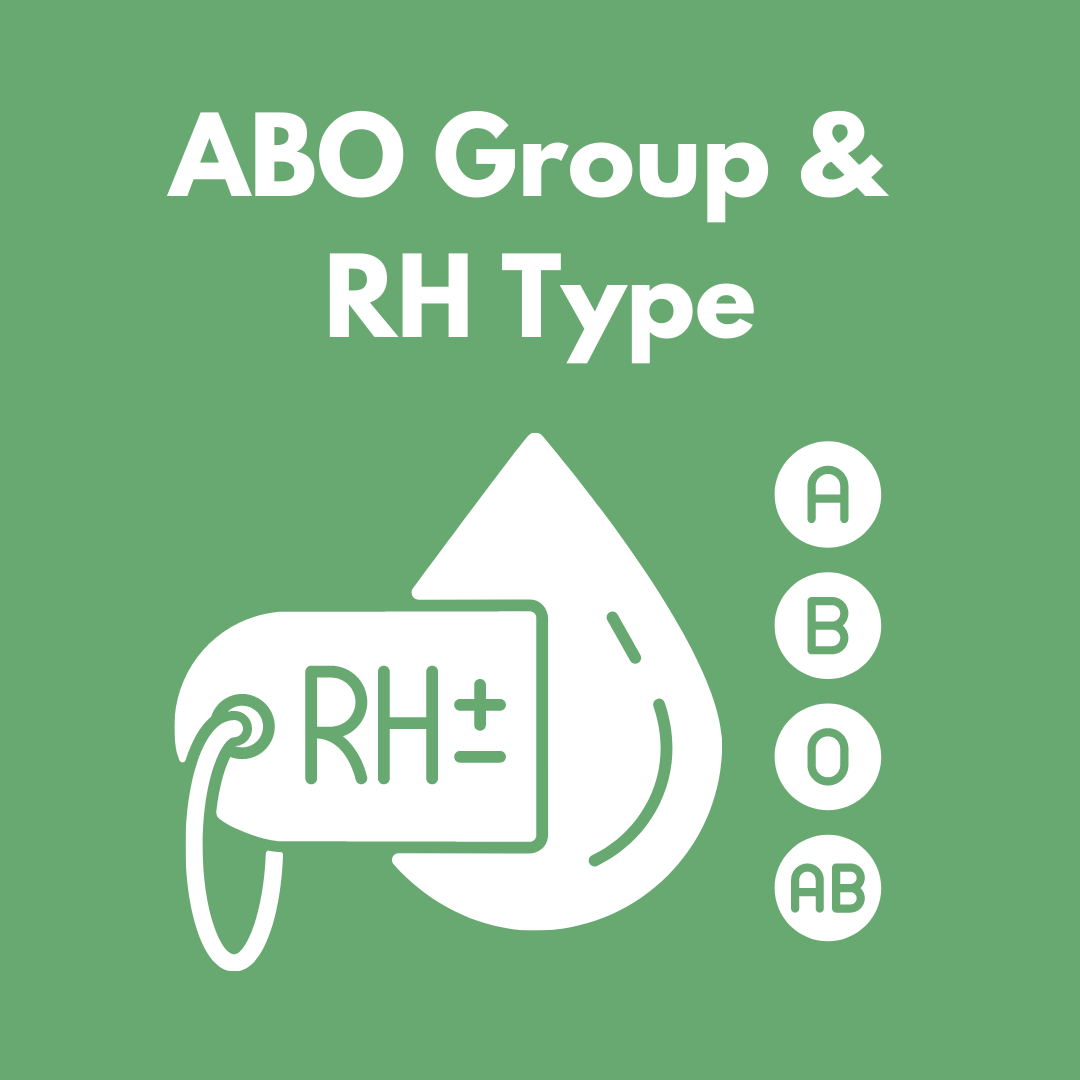
₹69.00 ₹200.00
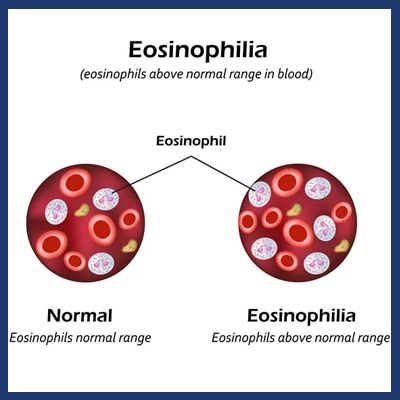
₹69.00 ₹200.00
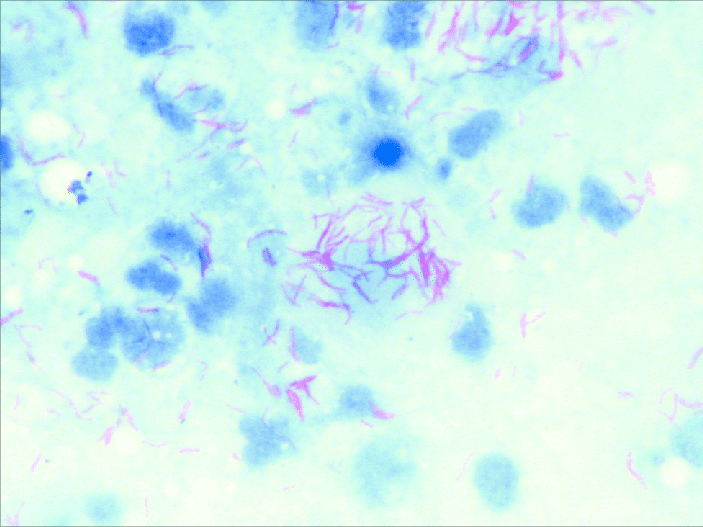
₹299.00 ₹800.00
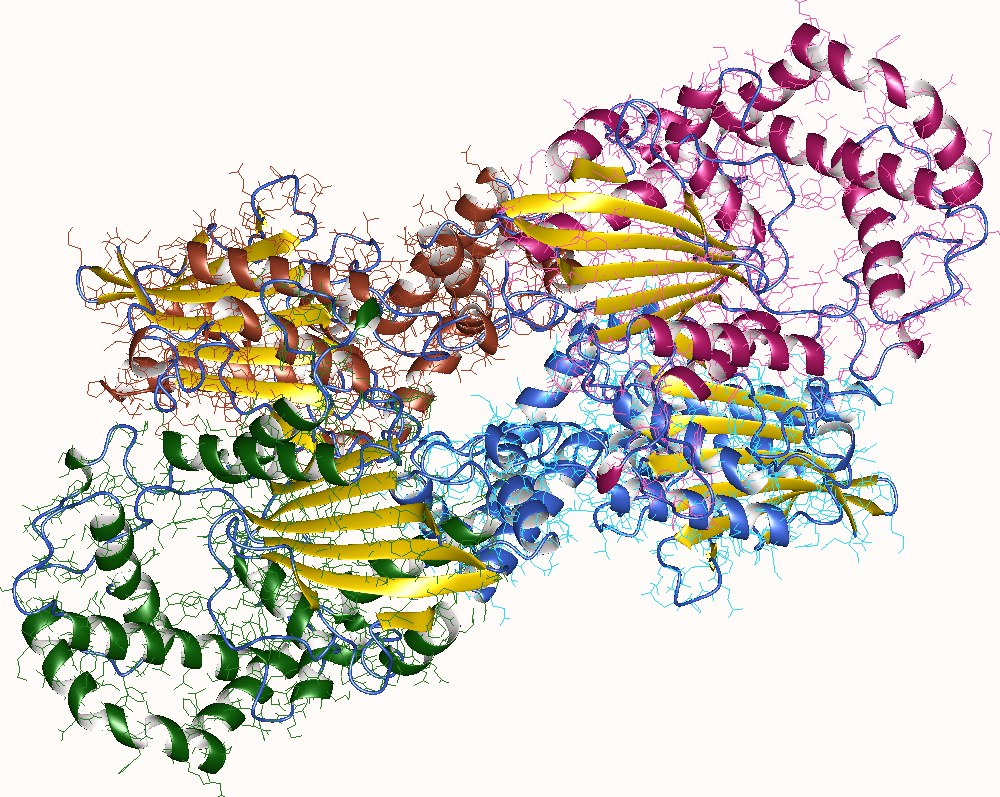
₹179.00 ₹400.00
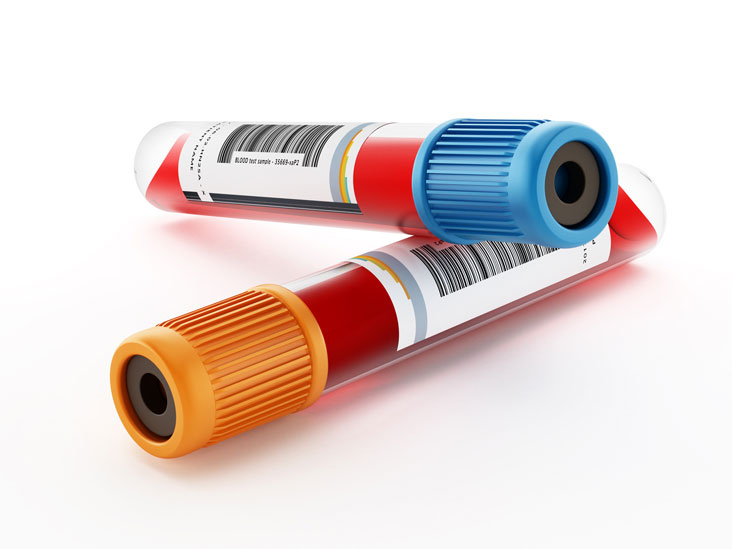
₹250.00 ₹600.00
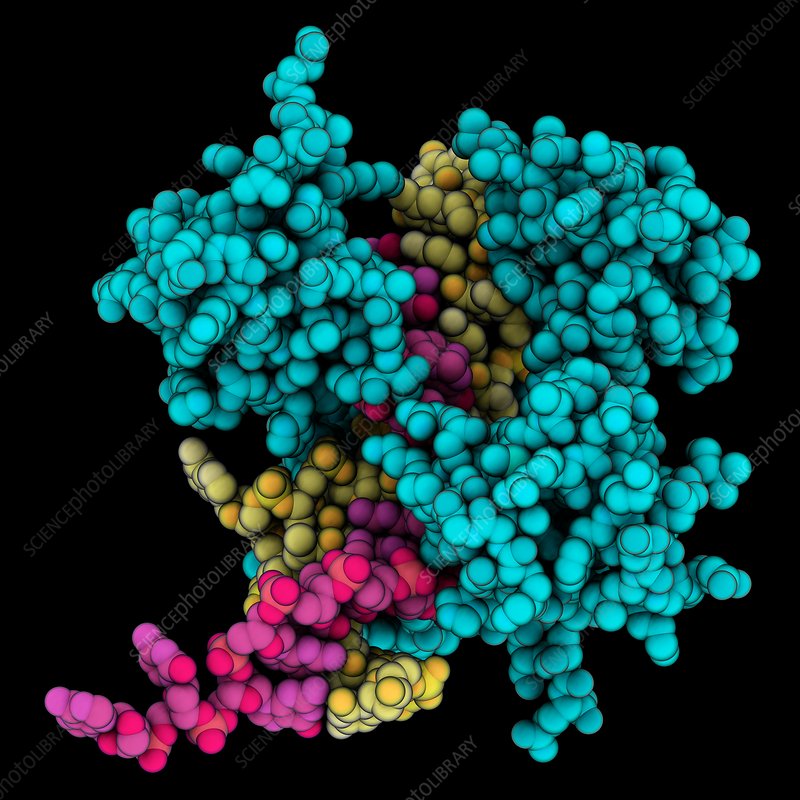
₹499.00 ₹800.00
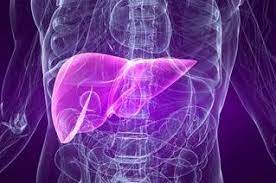
₹79.00 ₹200.00

₹1350.00 ₹2500.00
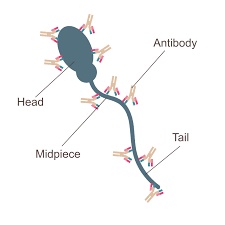
₹699.00 ₹1500.00
